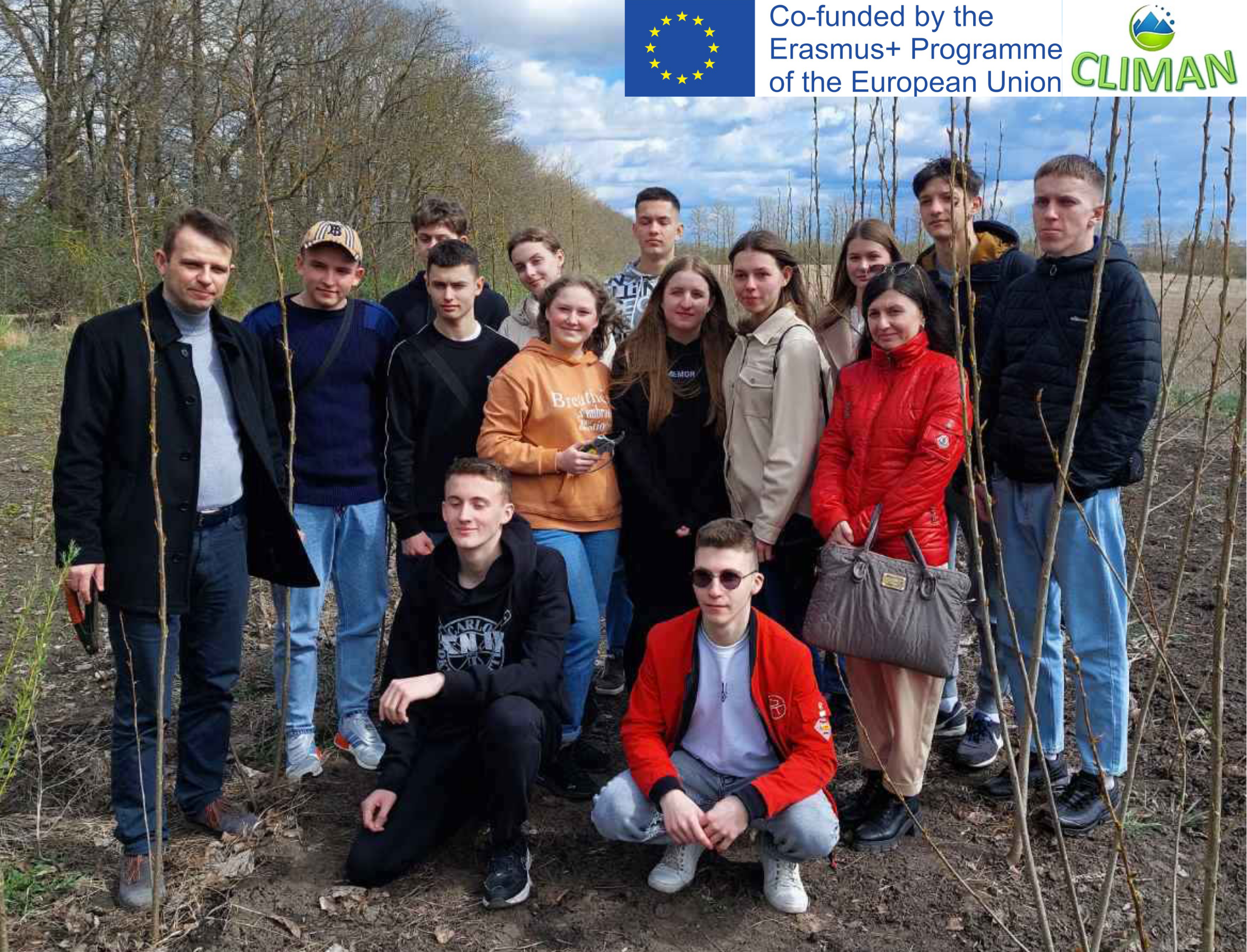Within the framework of the international project 619119-EPP-1-2020-1-NL-EPPKA2-CBHE-JP “Synergy of educational, scientific, managerial and industrial components for climate management and climate change prevention” / CLIMAN (Erasmus+ Program, Neighborhood, Development and International Cooperation Instrument, Objective KA2: Higher Education Capacity Building), the training module “Climate Management” is being implemented atthe Department of Agribiotechnology of the Western Ukrainian National University.
The goal of the project is to help universities in Georgia and Ukraine become centers for the development of climate management research to accelerate integration into the global climate market and implement global climate regulation requirements by implementing best European practices in climate change mitigation, adaptation, and mitigation.
The Climate Management training module includes the following training blocks:
– Strategic climate management in agriculture;
– environmental safety in agriculture;
– adaptive farming technologies in the face of climate change;
– energy plant resources.
In particular, the training block “Energy Plant Resources” under the guidance of Professors Mykhailo Humentyk and Anton Shuvar involves the study of:
– technologies for growing bioenergy crops with specified properties up to the final stage of processing biological raw materials into various types of biofuels in Ukraine and the European Union;
– technologies for the production and consumption of biofuels from bioenergy crops in Ukraine and the European Union.
As a result of completing the Energy Plant Resources training block, students will know the classification of energy resources and the basics of bioenergy in Ukraine and the European Union, the technology of growing energy crops (willow, poplar, giant miscanthus, sugar sorghum, pearl millet, paulownia, and sugar beet), and will have the skills to grow these energy crops.
The project is co-financed by the European Union. However, the expressed views and opinions belong solely to the authors and do not necessarily reflect the views of the European Union or the European Education and Culture Executive Agency (EACEA). Neither the European Union nor the grantor can be held responsible for them.

